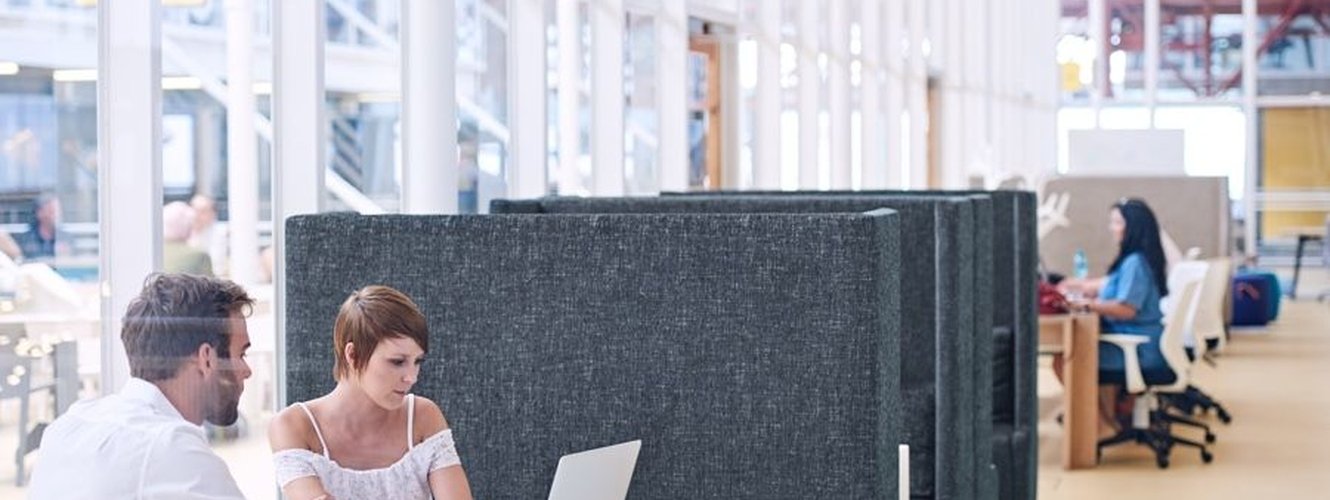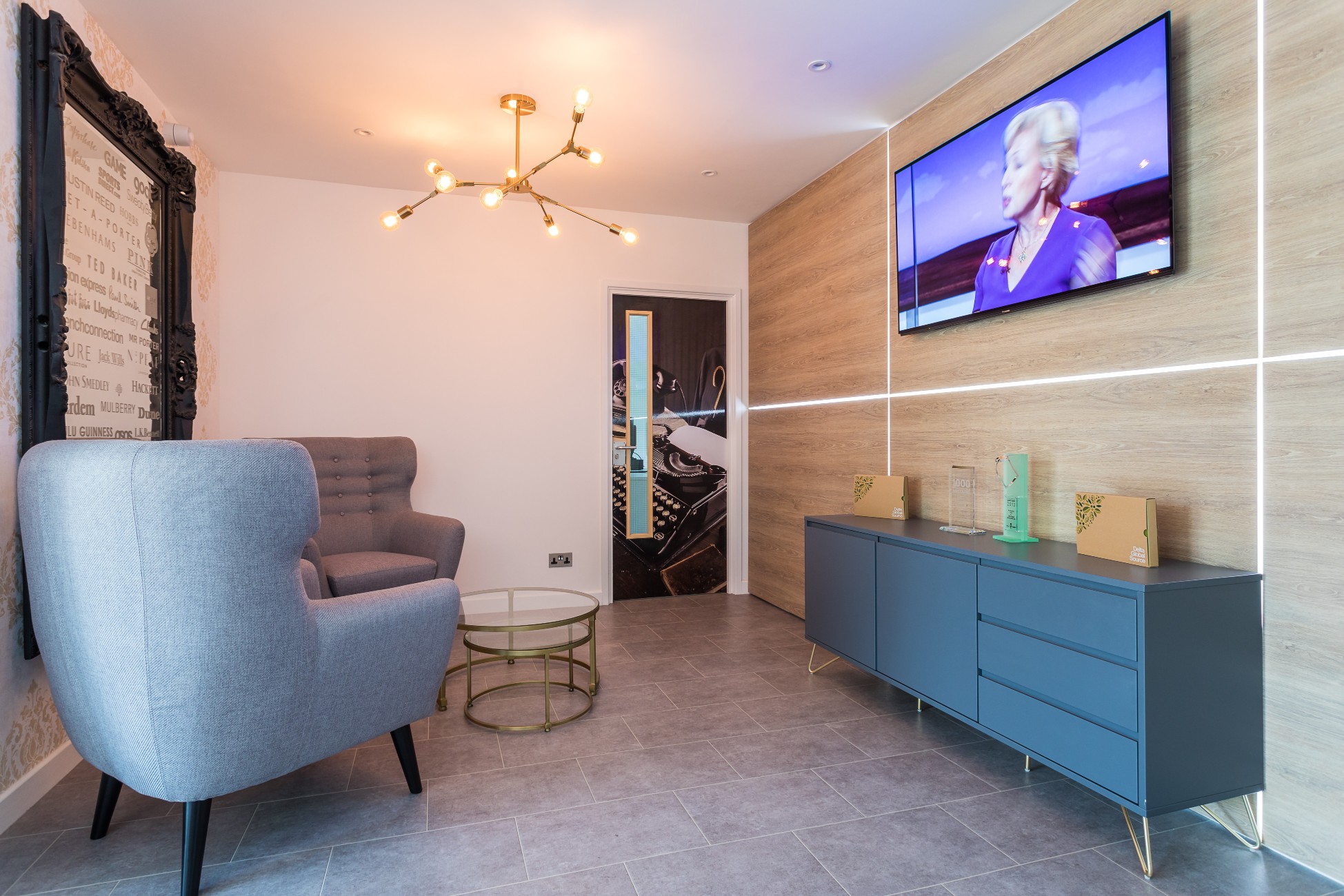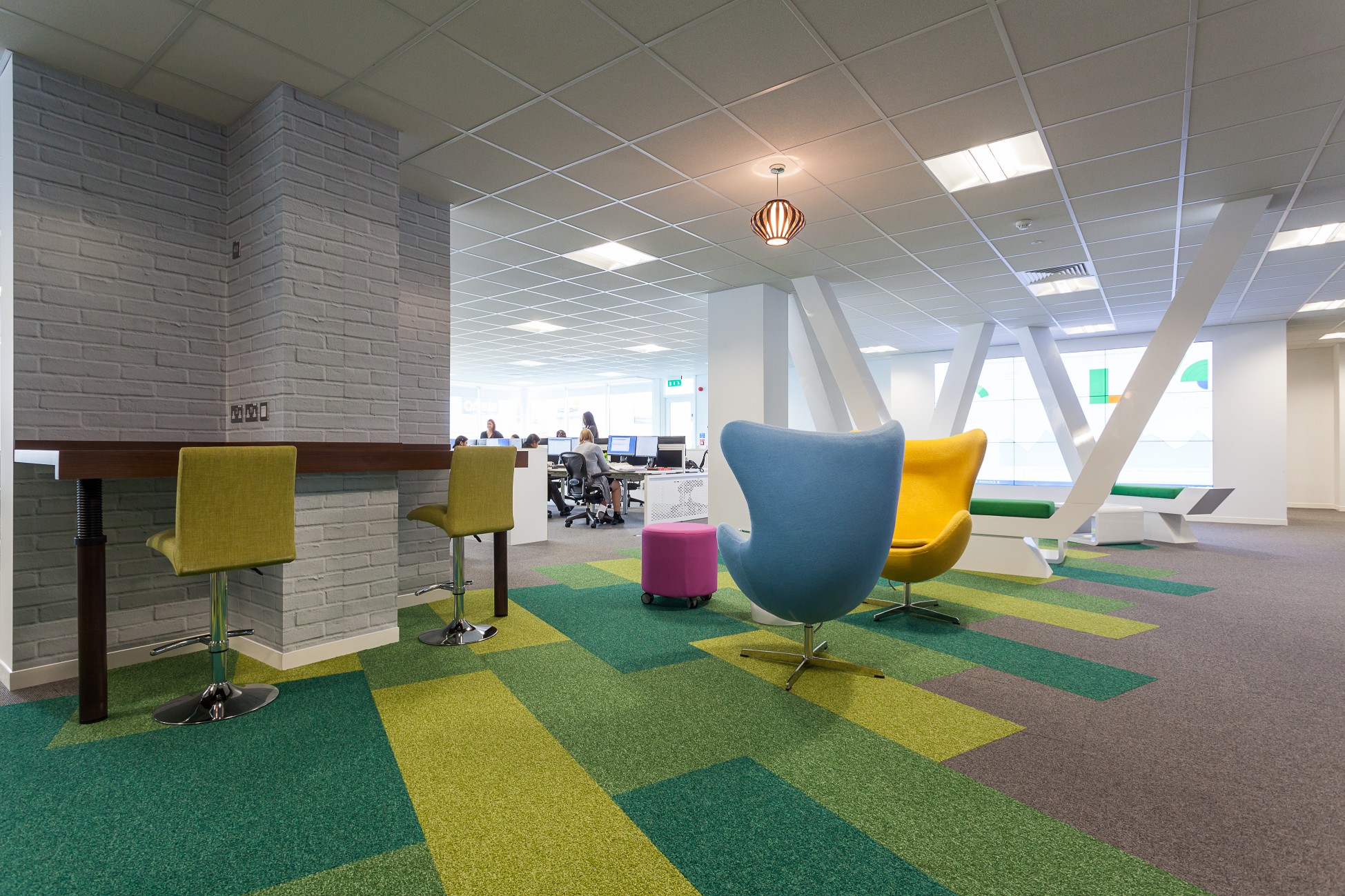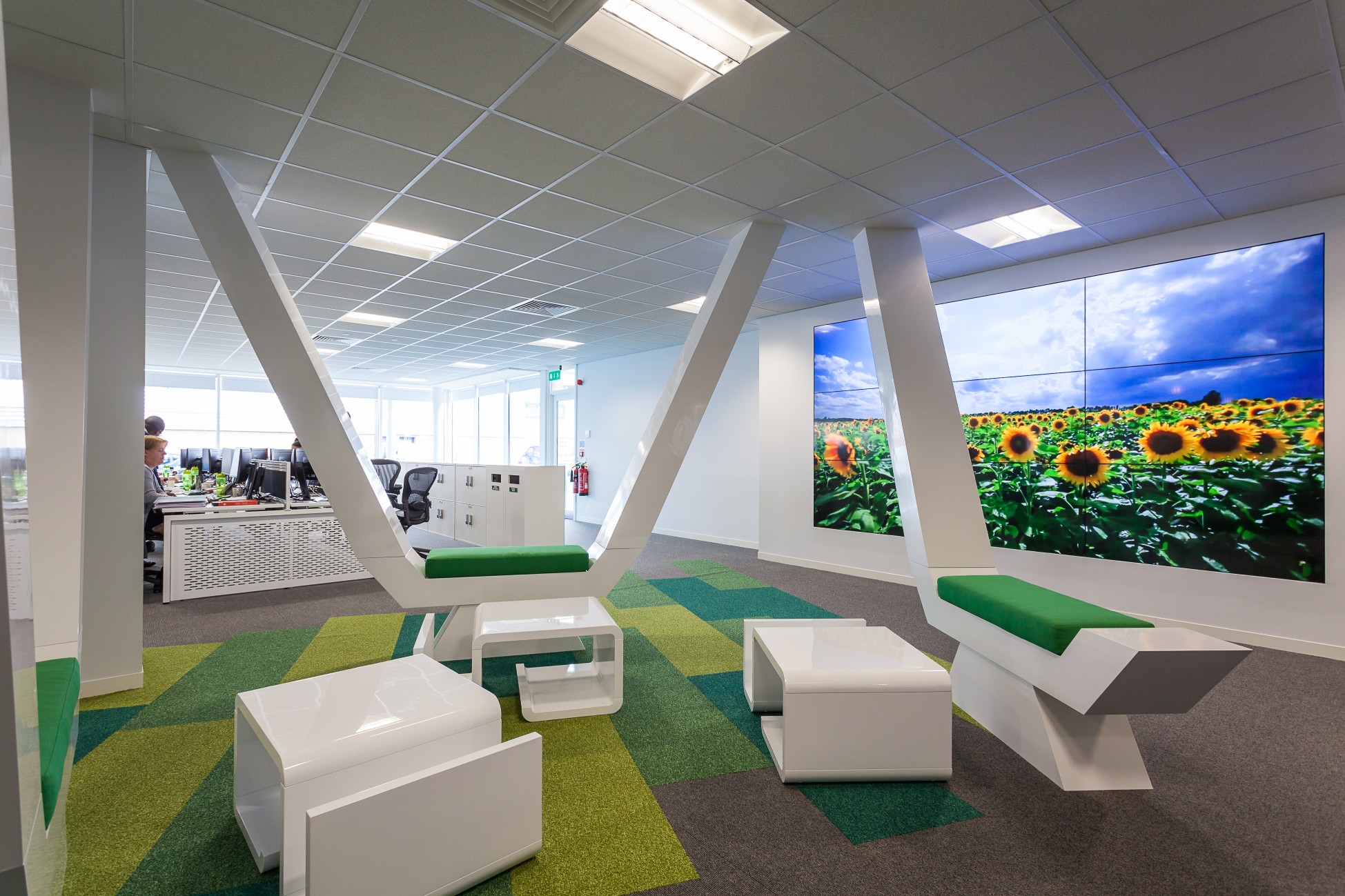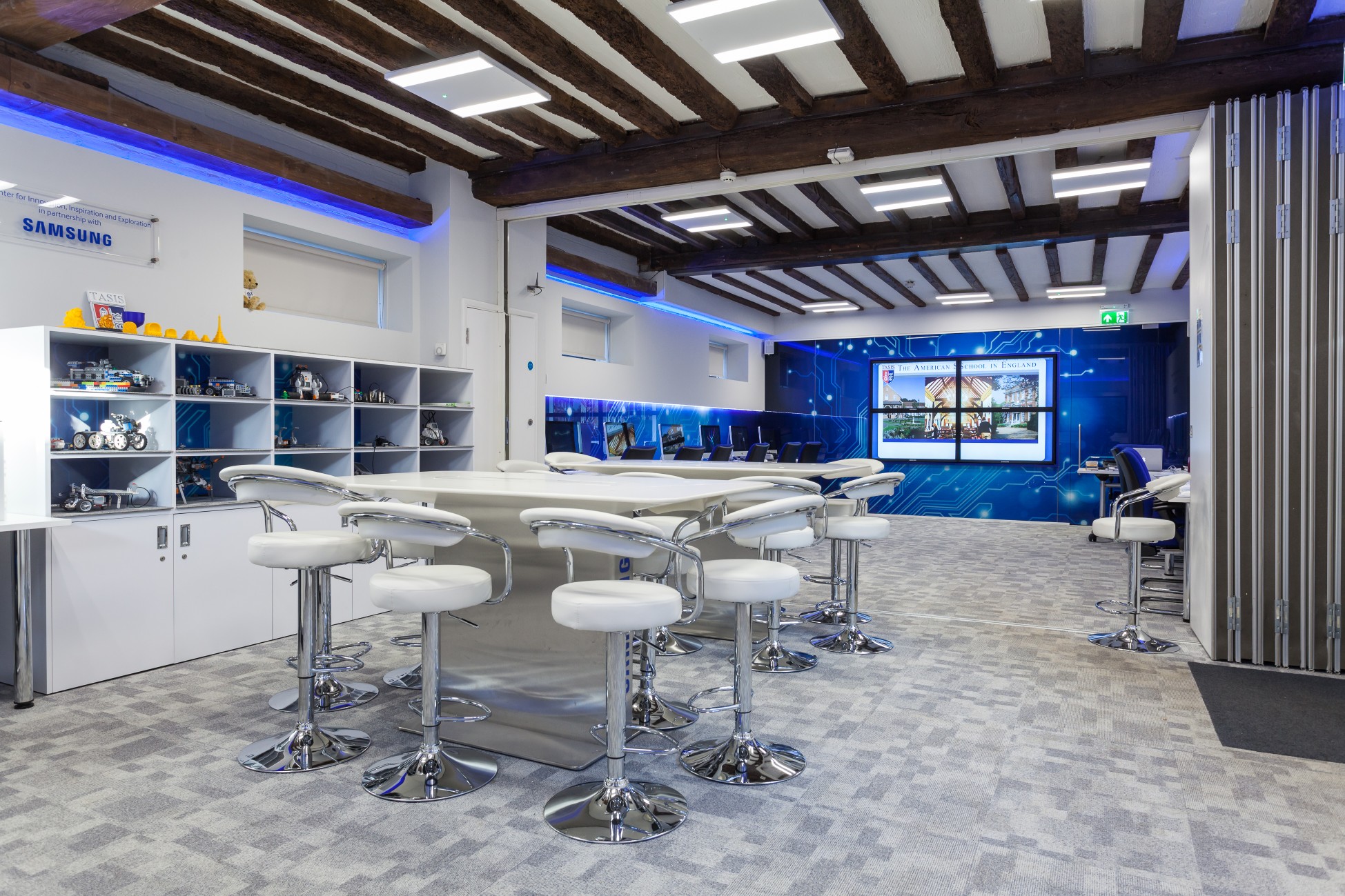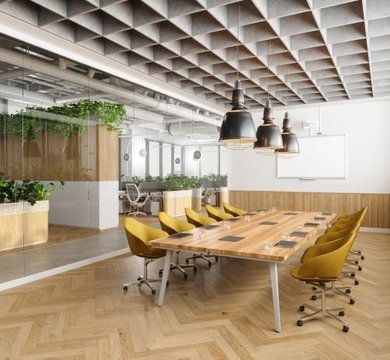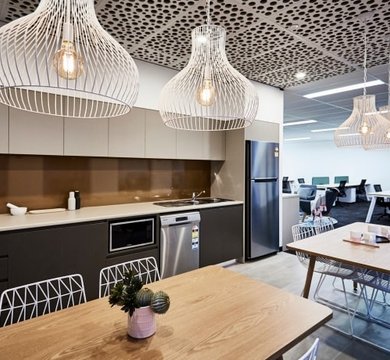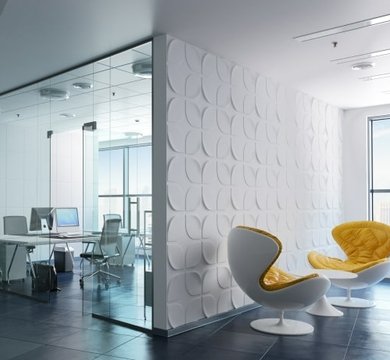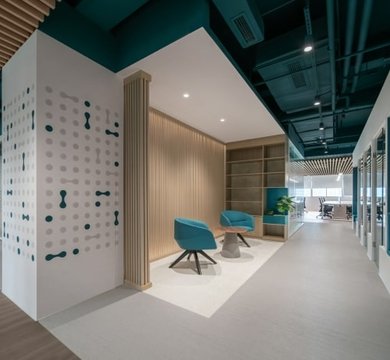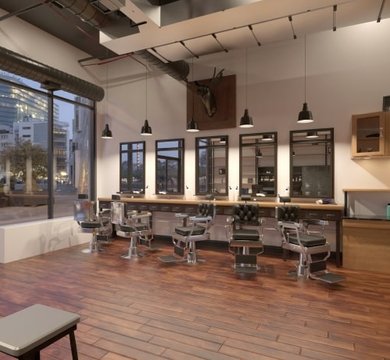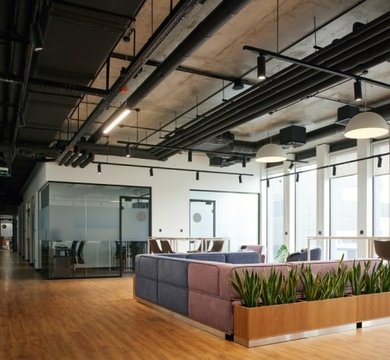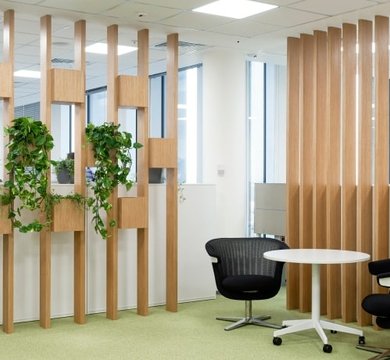Accountancy firm PricewaterhouseCoopers (PwC) has taken the bold step of asking some new recruits when and how much they’d like to work rather than enforce a rigid 9-5 working week. Applicants list their skills and strengths when applying, together with their work pattern preference, and are matched with projects rather than specific roles. This may lead to people working shorter days, part time or even just for a few months of the year.
The move is in response to a study PwC conducted among 2,000 people. Almost 46% prioritised flexible working hours and a good work-life balance as the things that mattered most when choosing a job. While the news was a big PR win and a recruitment driver for PwC, the underlying theme is a move towards the agile way of working - where employees come together collaboratively on projects rather than adhere to set departments and offices.
Want to work out the cost of an interior design project?
Our refurbishment cost calculator allows you to generate a guide figure in seconds.
It’s easy to see how agile working can challenge the conventional office set up and arrangement of space, with staff coming and going at varying hours, and with project workers only needing workstations on a temporary basis.
Agile working needs a flexible office layout and sometimes the provision of bespoke office furniture when you’re accommodating a changing, more dynamic workforce. We are sure PwC has conducted an internal audit and made changes to its workplace in light of its forward-thinking employment style, so maybe it’s time you followed suit?
As more companies look to match people with projects, hastening the decline of the 9-5 with 4 weeks holidays; office refurbishment, space planning and office furniture audits will become common practice. If you’d like advice on futuristic office design and how to adopt a more agile way of working to ensure your projects have the best team working in the most productive environment, get in touch with MPL Interiors today.

